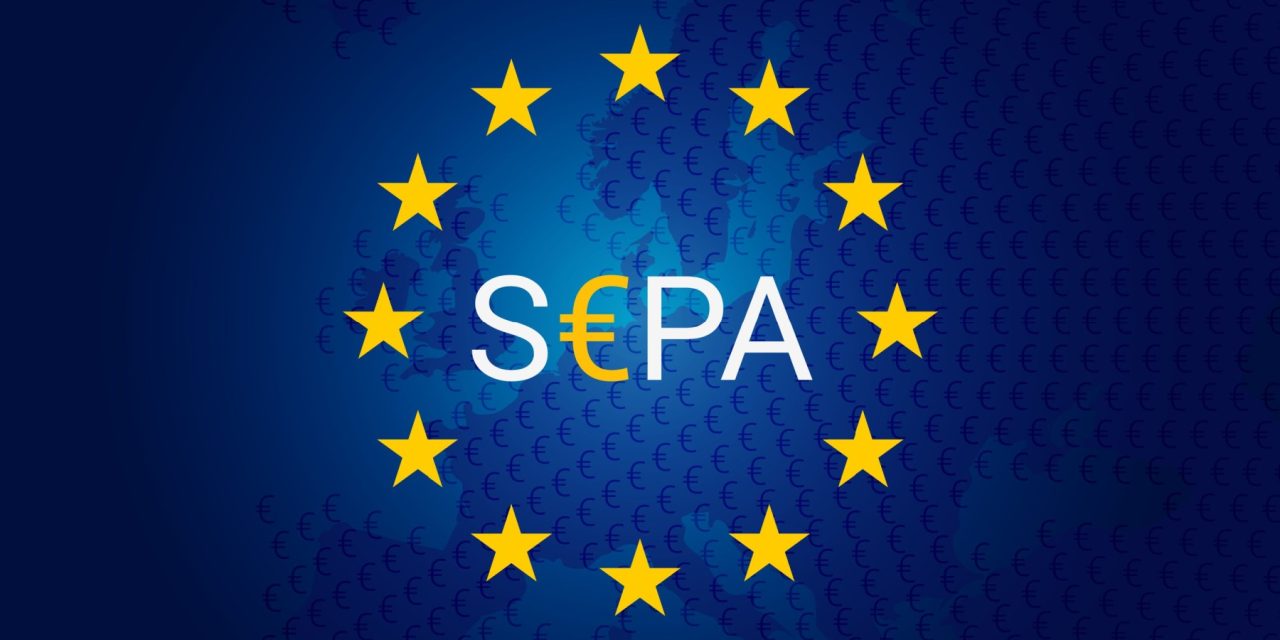Business
SEPA Transfers: A Key Component for Crypto Traders in Europe

For cryptocurrency traders in Europe, leveraging a reliable method for transferring fiat currency is essential. The **Single Euro Payments Area** (SEPA) offers a cost-effective, rapid, and secure solution for moving euros, facilitating both the buying and selling of digital assets. This system has become increasingly popular among traders looking to optimize their transactions, providing a seamless connection between traditional currency and cryptocurrency.
Understanding SEPA Transfers and Their Types
SEPA is a European initiative designed to streamline cross-border payments in euros, treating them similarly to domestic transactions. It encompasses **36 countries**, including **European Union** member states, **Switzerland**, **Norway**, and others. The primary types of SEPA transfers include:
1. **SEPA Credit Transfers**: These are used for one-time payments and can be executed on a same-day basis in many cases.
2. **SEPA Direct Debit**: This method allows a payee to withdraw funds directly from the payer’s account, simplifying recurring payments.
3. **SEPA Instant Credit Transfer**: This option enables immediate transfers, providing a significant advantage for traders requiring quick access to funds.
Each SEPA transaction necessitates an **International Bank Account Number** (IBAN) and, in certain instances, a **Bank Identifier Code** (BIC) to guarantee accurate routing of payments.
Why SEPA is Optimal for Fiat to Crypto Transactions
Traders often prefer SEPA transfers over traditional bank wire methods for several reasons. One of the most significant advantages is the lower fees associated with SEPA transactions, which can enhance profit margins on trades. Additionally, the ability to execute transactions quickly helps traders capitalize on market movements without delay.
A crucial factor in SEPA’s success is its commitment to regulatory compliance. All financial institutions participating in the SEPA framework must adhere to **EU-level anti-money laundering** (AML) and **know-your-customer** (KYC) regulations. This alignment with transparency standards has made SEPA transfers a trusted option for cryptocurrency exchanges, allowing them to accept euro deposits and withdrawals without risking non-compliance with financial authorities.
As cryptocurrency trading grows in popularity, the demand for efficient payment methods has increased. SEPA transfers have emerged as a vital infrastructure for serious traders in the European market. With options for instant transactions, robust security measures, and comprehensive euro-wide coverage, SEPA continues to bridge the gap between fiat and digital currencies effectively.
In conclusion, for those trading cryptocurrencies in Europe, understanding and utilizing SEPA transfers can significantly enhance the trading experience. By providing a reliable and efficient payment solution, SEPA is poised to play a critical role in the ongoing evolution of the cryptocurrency landscape.
-

 Entertainment2 months ago
Entertainment2 months agoAnn Ming Reflects on ITV’s ‘I Fought the Law’ Drama
-

 Entertainment3 months ago
Entertainment3 months agoKate Garraway Sells £2 Million Home Amid Financial Struggles
-

 Health2 months ago
Health2 months agoKatie Price Faces New Health Concerns After Cancer Symptoms Resurface
-

 Entertainment2 months ago
Entertainment2 months agoCoronation Street’s Carl Webster Faces Trouble with New Affairs
-

 Entertainment2 months ago
Entertainment2 months agoWhere is Tinder Swindler Simon Leviev? Latest Updates Revealed
-

 Entertainment3 months ago
Entertainment3 months agoKim Cattrall Posts Cryptic Message After HBO’s Sequel Cancellation
-

 Science3 weeks ago
Science3 weeks agoBrian Cox Addresses Claims of Alien Probe in 3I/ATLAS Discovery
-

 Entertainment2 months ago
Entertainment2 months agoOlivia Attwood Opens Up About Fallout with Former Best Friend
-

 Entertainment3 months ago
Entertainment3 months agoMarkiplier Addresses AI Controversy During Livestream Response
-

 Entertainment3 months ago
Entertainment3 months agoMasterChef Faces Turmoil as Tom Kerridge Withdraws from Hosting Role
-

 Entertainment4 months ago
Entertainment4 months agoSpeculation Surrounds Home and Away as Cast Departures Mount
-

 World2 months ago
World2 months agoCole Palmer’s Mysterious Message to Kobbie Mainoo Sparks Speculation





















